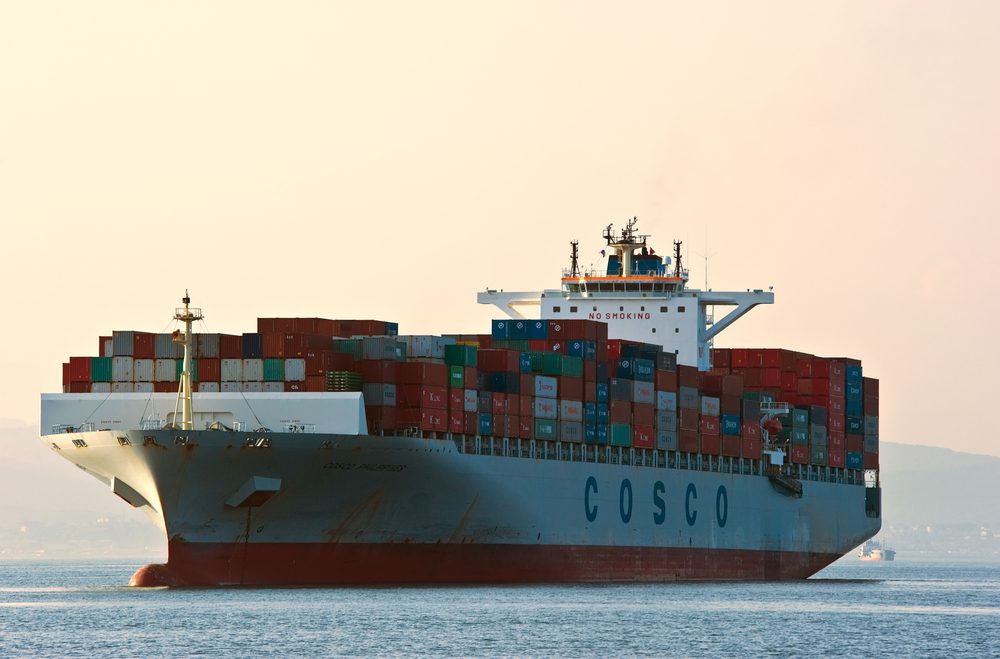 By Brenda Goh
By Brenda Goh
By Brenda Goh
SHANGHAI, March 26 (Reuters) – China Cosco , operator of the country’s largest dry bulk fleet, posted a 54 percent rise in full-year profit on Thursday, boosted by subsidies from Beijing amid a subdued market.
The flagship unit of state-owned conglomerate China Ocean Shipping Group said net profit rose to 362.5 million yuan ($58.37 million) for the year ending December 2014, up from 235.5 million yuan in the previous year, on a 3.94 percent rise in revenue.
“The state subsidies have buttressed their earnings,” said BOCOM International analyst Geoffrey Cheng. “Without them they would have made a loss.”
China Cosco said it would have made a loss of 1.38 billion yuan without factors such as the subsidies and money raised from a share sale. “With the market still remaining subdued, the outlook for the shipping market in 2015 is not optimistic,” it said in its statement.
As China’s economic slowdown squeezes the global shipping industry, the country’s largest shipping lines have been the biggest beneficiaries of subsidies from Beijing for scrapping old ships.
China Cosco, along with China Shipping Development and China Shipping Container Lines (CSCL) have received at least 2.4 billion yuan ($359 million) in subsidies over 2014, a five-fold increase compared to the previous year, according to Reuters calculations based on company filings.
While the programme, designed to accelerate fleet renewal, is due to run only until the end of 2015, Beijing has signalled continued support and an unwillingness to allow large shipyards to go under.
Industry insiders and analysts say Beijing’s support for national firms is creating a dependence on support that will be sustained with no industry upturn in sight. For the International Chamber of Shipping, representing the global merchant fleet, the aid artificially boosts shipbuilding just as the sector faces a surplus of ships.
The market has also been hit by slowing trade activity, much of which has stemmed from softer demand from China, which dragged down the Baltic Exchange’s main sea freight index to an all-time low in February.
CSCL, owner of the world’s seventh largest container ship fleet, said in a separate statement it swung to a net profit of 1.06 billion yuan in 2014, compared to a loss of 2.65 billion yuan in the previous year. Revenues rose 5.5 percent, it said. ($1 = 6.2103 Chinese yuan renminbi) (Editing by Tom Heneghan)
© 2015 Thomson Reuters. All rights reserved.

 Join The Club
Join The Club











